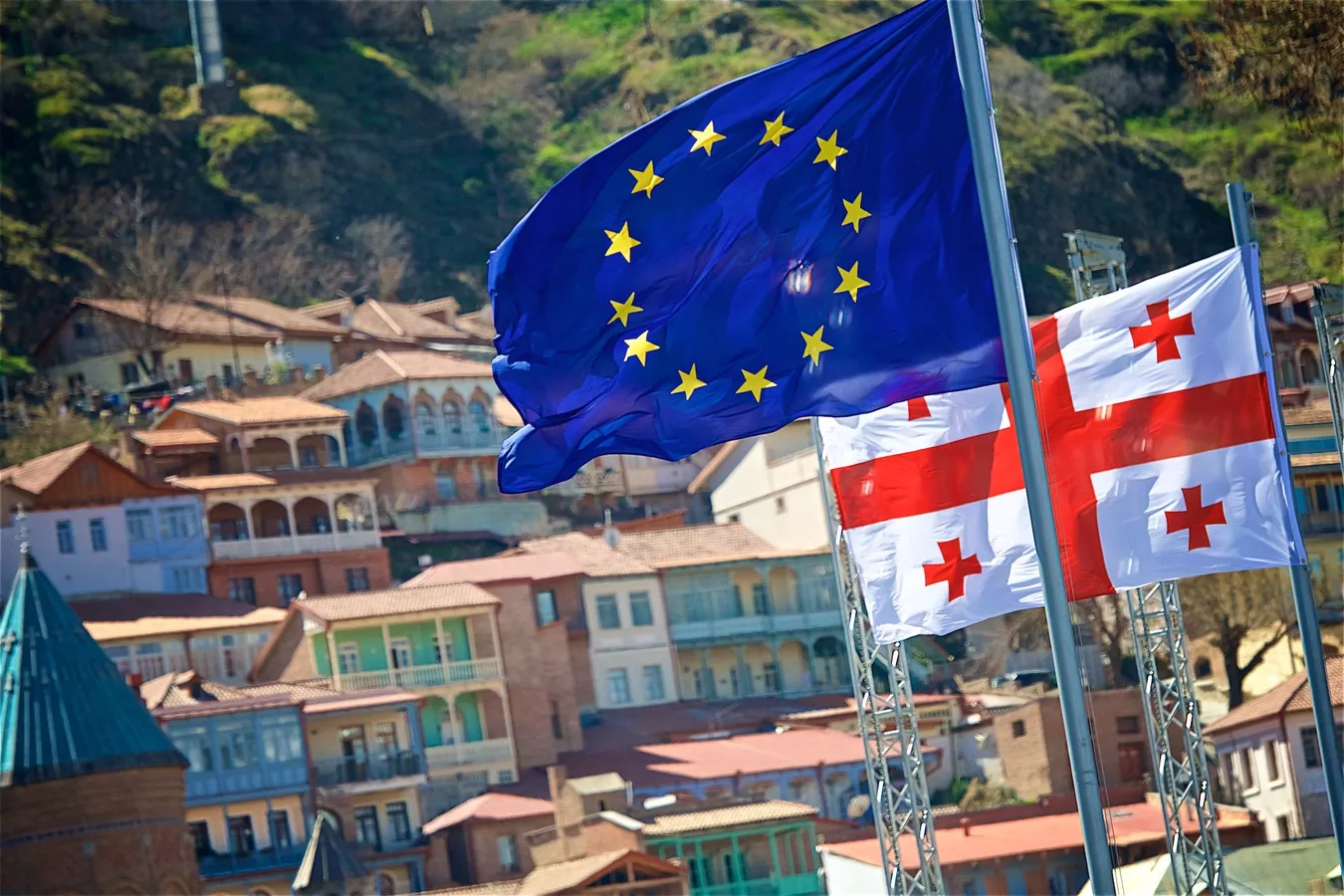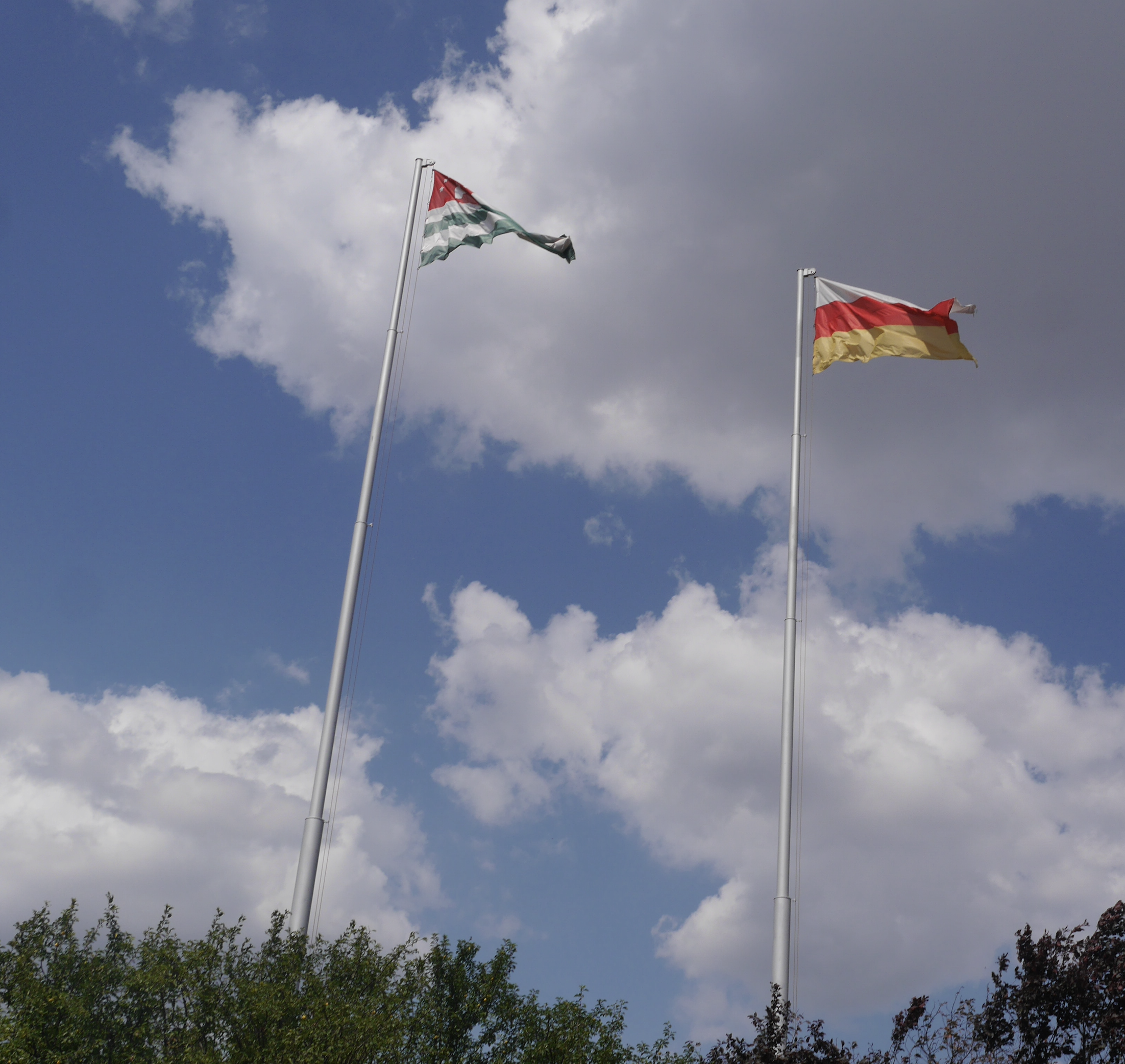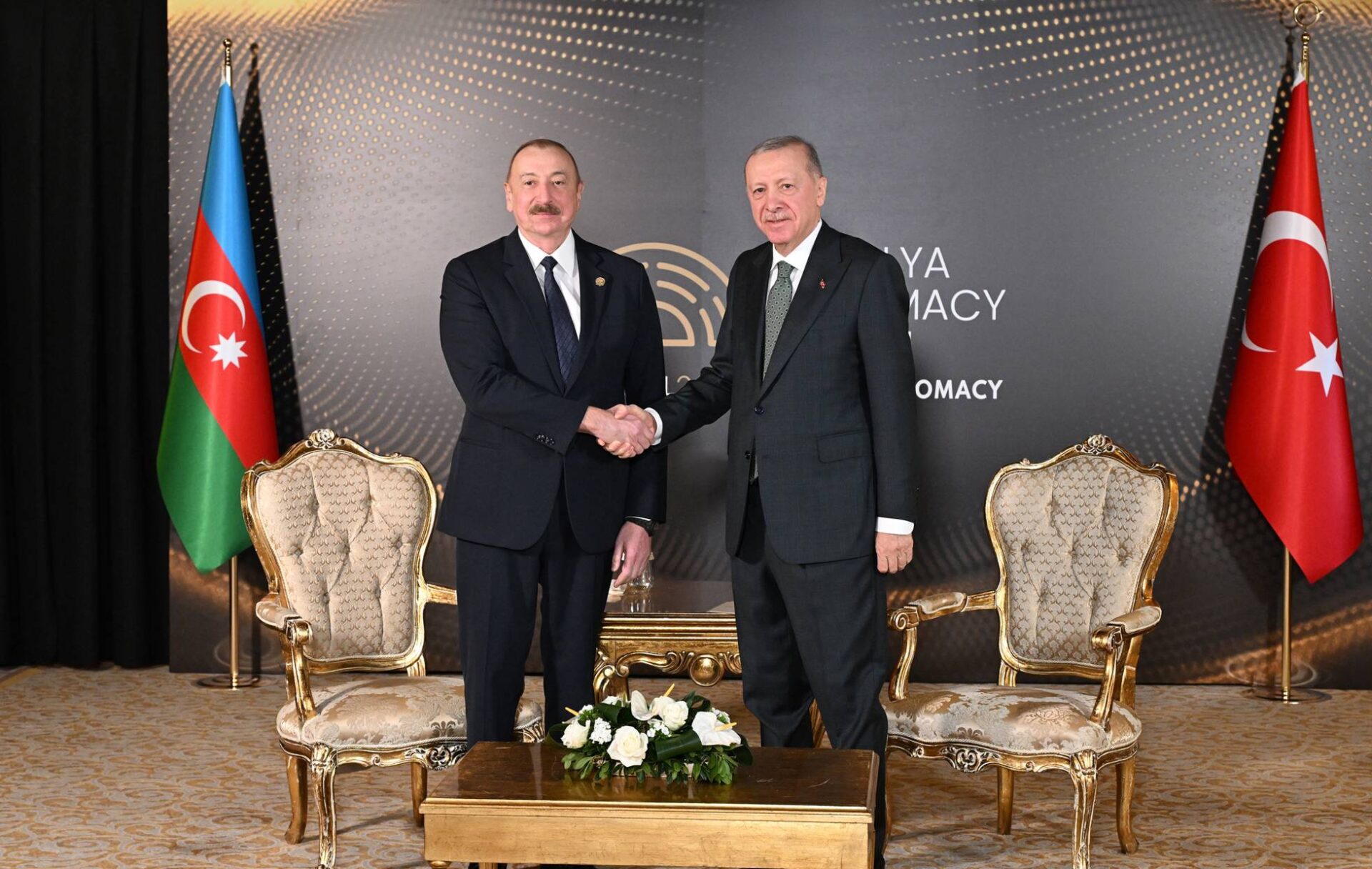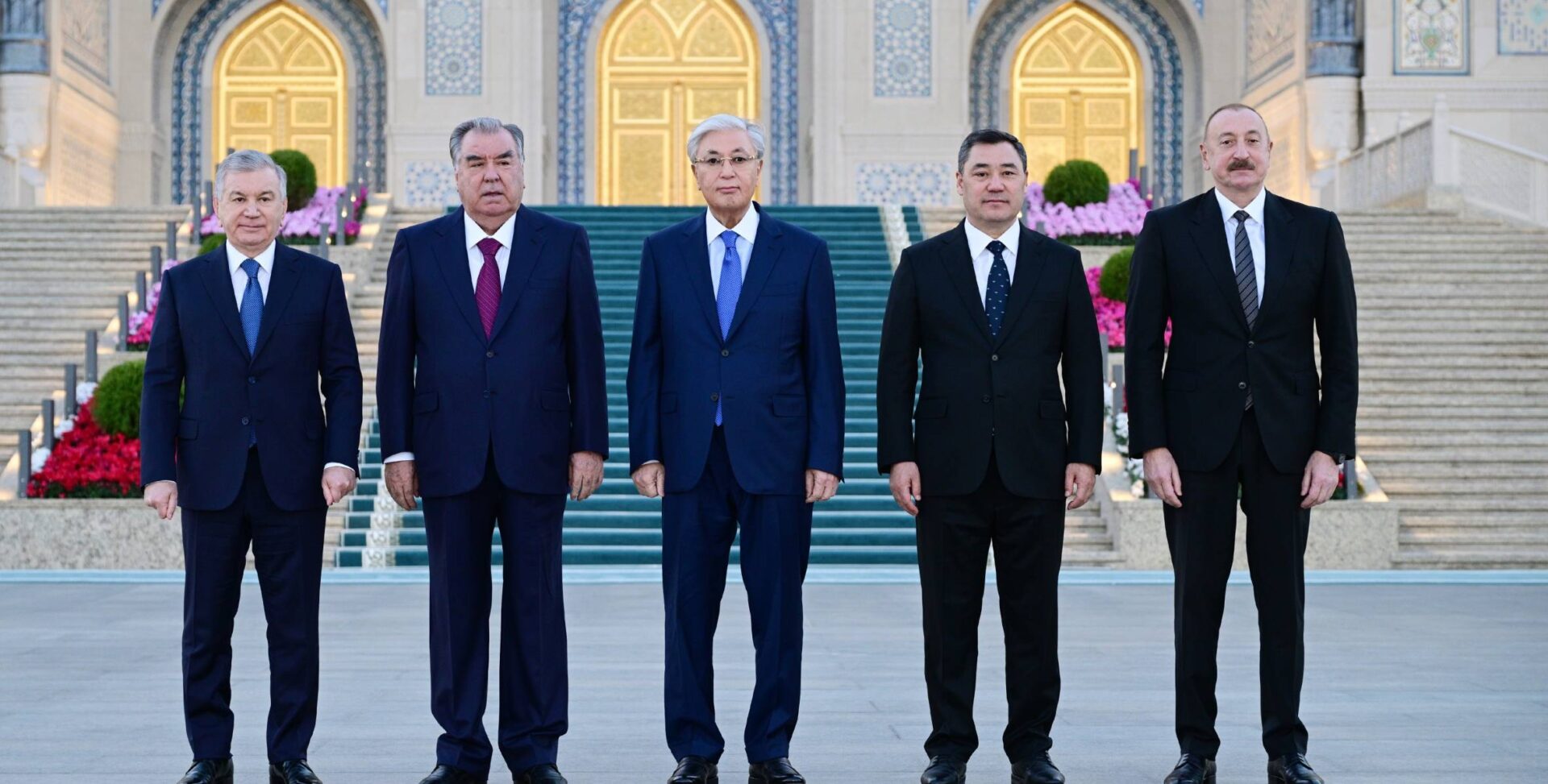
Georgians May Lose Visa-Free Travel to the European Union
Georgians May Lose Visa-Free Travel to the European Union
Executive summary:
- Georgia may soon lose its visa-free travel to the European Union due to the country’s democratic backsliding, triggering widespread domestic and diplomatic reactions.
- Georgian opposition leaders support maintaining visa-free travel for citizens while urging the European Union to impose direct sanctions on the ruling Georgian Dream leadership, whom they blame for authoritarian reforms and damaging EU-Georgia relations.
- Georgian Dream’s rhetoric claiming that the European Union is using visa-free travel as blackmail to undermine Georgian sovereignty highlights the regime’s willingness to fully isolate Georgia from the West.
On April 17, Shalva Papuashvili, Georgia’s Speaker of Parliament, claimed that the European Union is using the potential suspension of their visa-free regime with Georgia as a “tool of political pressure and blackmail” (Facebook/shpapuashvili, April 17). This came in response to German Ambassador to Georgia Peter Fischer’s statement during an interview with Business Media Georgia that visa-free travel with the European Union is a “privilege,” not a right (Facebook/www.bm.ge, April 17; Civil Georgia, April 18). Before this, on April 15, Radio Free Europe/Radio Liberty published an article that caused a stir in Georgia because it outlined that the European Union may decide to suspend Georgians’ visa-free travel later this year (Radio Free Europe/ Radio Liberty, April 15).
The visa-free regime between Georgia and the European Union began in March 2017. In 2022, the European Union reported that over 1,150,000 Georgian citizens traveled to the EU on the visa-free regime since 2017 (European Union, November 2022). Almost 300,000 of them did not return to their homeland and preferred to stay in the European Union for employment (Kommersant, June 5, 2024).
Leaders of the Georgian opposition are expressing both concern and understanding regarding the possible suspension of Georgian visa-free travel to the European Union. Khatia Dekanoidze, one of the leaders of United National Movement (UNM), Georgia’s main opposition party, told this author that the Georgian opposition has never wanted Western partners to punish the entire population of Georgia because of the anti-democratic actions of billionaire Bidzina Ivanishvili’s ruling Georgian Dream party. Instead, Dekanoidze explained that the Georgian opposition proposes that Western partners “punish Ivanishvili himself and his entourage personally” (Author’s interview, April 16). Dekanoidze added that although the opposition does “not want all Georgians to lose the privilege of visa-free travel to the European Union” they “understand that the European Union has its own rules, values, and a country with such an exclusive privilege must meet democratic standards” (Author’s interview, April 16).
Early this year, the European Union suspended visa-free travel for Georgian diplomatic passport holders in response to democratic backsliding in the country (Council of the European Union; Net Gazeti, January 27). The European Parliament also passed several resolutions demanding that the European Commission consider tough sanctions against Georgia and its authorities (Civil Georgia, November 11, 2024, February 13; European Parliament, November 26, 2024). For its part, Georgia left the parliamentary assembly of the Council of Europe after the latter demanded that Georgia release all political prisoners and call new parliamentary elections (see EDM, February 4).
Transparency International, a non-governmental organization working to end corruption around the world, concluded that Georgian Dream grossly violated fundamental human rights and freedoms through a series of new repressive laws introduced since December 2024 (Transparency International Georgia, April 5). These laws are “aimed at restricting—or outright abolishing—freedom of expression, freedom of assembly, media freedom, political pluralism, and civil activism.” The legislation ultimately creates a “legal framework for establishing a full-fledged dictatorial regime in the country” (see EDM, December 10, 2024; Transparency International Georgia, April 5; Interpressnews, April 15).
Georgian Dream leaders, including Prime Minister Irakli Kobakhidze and Papuashvili, reject international criticism regarding Georgian democratic backsliding. They claim that the “global war party” is using the visa-free regime as a “tool to put pressure on the Georgian government to drag the Caucasian country into a war against Russia.” Papuashvili even questioned the value of visa-free travel, saying it “is not manna from heaven that Georgians must be thankful for” (Facebook/shpapuashvili, April 17).
One of the turning points in relations between Tbilisi and Brussels was Georgian Prime Minister Irakli Kobakhidze’s November 28, 2024, decision to suspend talks about Georgia’s European Union accession (see EDM, December 6, 10, 2024). Petre Tsiskarishvili, the secretary general of the UNM opposition party, noted in his May 1 interview with this author that Brussels “has always been very forthcoming in respect to Georgia’s EU aspirations” (Author’s interview, May 1). Tsiskarishvili argued that “since the pro-Russian Georgian Dream government has recently dramatically undermined democratic institutions, there appears to be a high probability that visa-free travel for Georgian citizens will be suspended before the end of 2025” (Author’s interview, May 1). According to Tsiskarishvili, if this suspension comes to pass, “the major challenge for the European Union will be to counter Georgian Dream government propaganda that it was Brussels that rejected Georgia and its citizens rather than the other way around” (Author’s interview, May 1).
Many Georgian politicians underline that the visa-free regime for Georgian citizens is important not only for pragmatic, medical, and tourism purposes but also for culture and identity. Teona Akubardia, one of the leaders of the “For Georgia” opposition party, asserted in her April 30 interview with this author that “it is the people’s choice and is a sign that we, Georgians, belong to Europe” (Author’s interview, April 30). Akubardia emphasized that Georgian Dream’s rhetoric that claims that the European Union is using visa-free travel as blackmail and that Georgian Dream is “maintaining sovereignty” is just propaganda that demonstrates the regime’s willingness to fully isolate Georgia from the West (Author’s interview, April 30).
Paata Zakareishvili, the Georgian Dream State Minister for Reconciliation and Civic Equality from 2012 to 2016, does not expect the European Union to end visa-free travel this year. Zakareishvili believes that “EU leadership is waiting to see how the municipal elections [in Georgia] on October 4 will go and [will] return to the Georgia issue after the local elections, taking into account how free and fair these elections will be,” as admitted (Author’s interview, May 1).
The hope that Georgia will be able to return to the trajectory of democratic development is waning in Brussels, but it still exists. European Commissioner for Enlargement, Marta Kos, emphasized that the European Union has not ruled out future dialogue with the Georgian Dream government to “bring Georgia back to the European way” (Interpressnews, April 29). Kos contended, “It is possible that the talks will not start at the highest level, but with lower-level representatives” (Rustavi.ge; Interpressnews, April 29). Compromise, however, does not presently seem possible while Georgian Dream continues to suppress over six months of mass pro-democracy protests.


